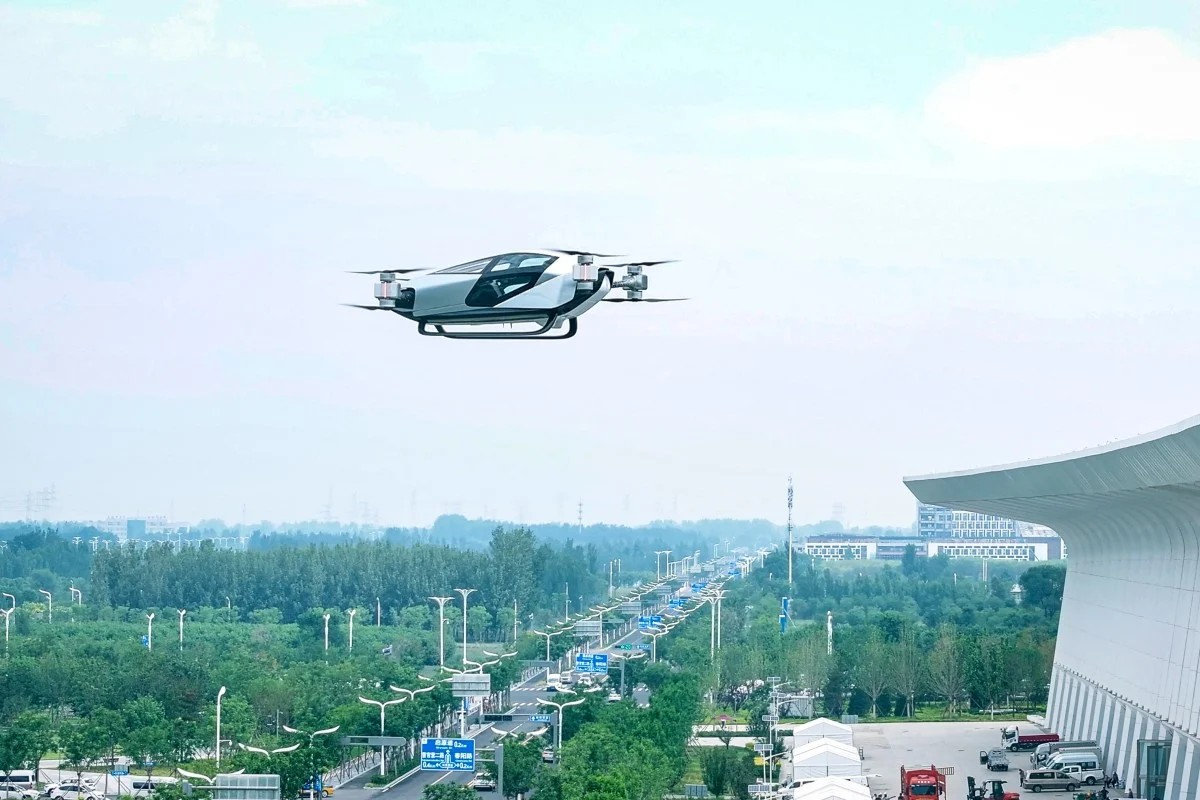
The flying car, produced by AeroHT, a subsidiary of Xpeng, took off from Beijing Daxing International Airport on June 16, moving closer to commercialization. The X2 flying car was showcased at the China Langfang International Economic and Trade Fair, which opened on the same day and runs until June 20.
In April, AeroHT said it had begun preparing to commercialize its flying car and planned to take orders starting in the fourth quarter of this year, but did not specify a price.
China’s “low-altitude economy,” which includes businesses operating drones and manned aircraft at altitudes below 3,000 meters, has been on the rise since 2021, after the central government rolled out policies and regulations to promote the nascent sector. Twenty-six provincial governments have announced plans for the low-altitude economy this year, according to official data released in April.
In March, Beijing issued a detailed plan for its low-altitude economic zone, which plans to establish three major air routes connecting neighboring areas by 2027, covering scenarios such as emergency rescue, logistics and distribution, cultural tourism, commuting and more.
China's low-end market is forecast to exceed 1 trillion yuan ($138 billion) by 2026, up from 506 billion yuan in 2023, according to a report by the China Information Industry Development Center under the Ministry of Industry and Information Technology.
AeroHT began developing flying cars in 2013, establishing research centers and testing facilities in Guangzhou as well as labs in Shenzhen and Shanghai.
The X2 completed its first public flight in Dubai in October 2022. At home, AeroHT competes with the likes of Aerofugia, a subsidiary of Zhejiang Geely, and Ehang, which completed the Middle East’s first autonomous passenger flight last month.
Although the low-altitude economy is starting to take shape, underdeveloped infrastructure and a lack of industry-wide standards are hindering China's large-scale commercial deployment, according to Wu Ximing, deputy director of the Science and Technology Commission of the Aviation Industry Corporation of China.
(According to SCMP)
Source: https://vietnamnet.vn/o-to-bay-xuat-hien-tren-bau-troi-trung-quoc-2292164.html


![[Photo] Prime Minister Pham Minh Chinh chairs meeting to discuss tax solutions for Vietnam's import and export goods](https://vstatic.vietnam.vn/vietnam/resource/IMAGE/2025/4/10/19b9ed81ca2940b79fb8a0b9ccef539a)



![[Photo] Summary of parade practice in preparation for the April 30th celebration](https://vstatic.vietnam.vn/vietnam/resource/IMAGE/2025/4/11/78cfee0f2cc045b387ff1a4362b5950f)
![[Photo] Phuc Tho mulberry season – Sweet fruit from green agriculture](https://vstatic.vietnam.vn/vietnam/resource/IMAGE/2025/4/10/1710a51d63c84a5a92de1b9b4caaf3e5)


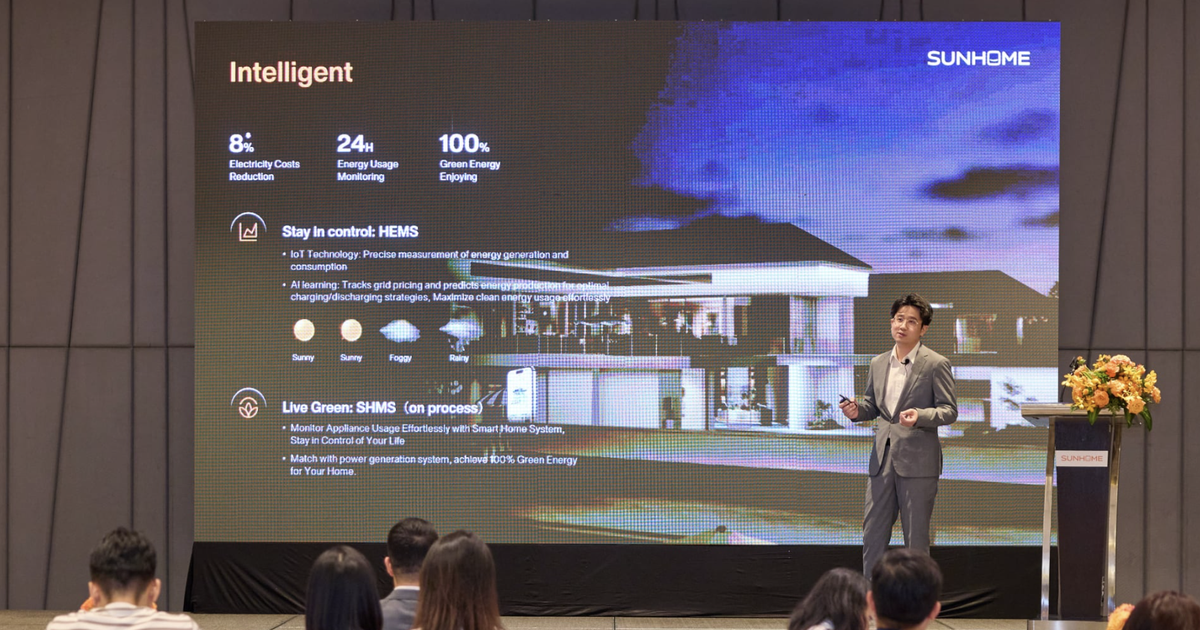


















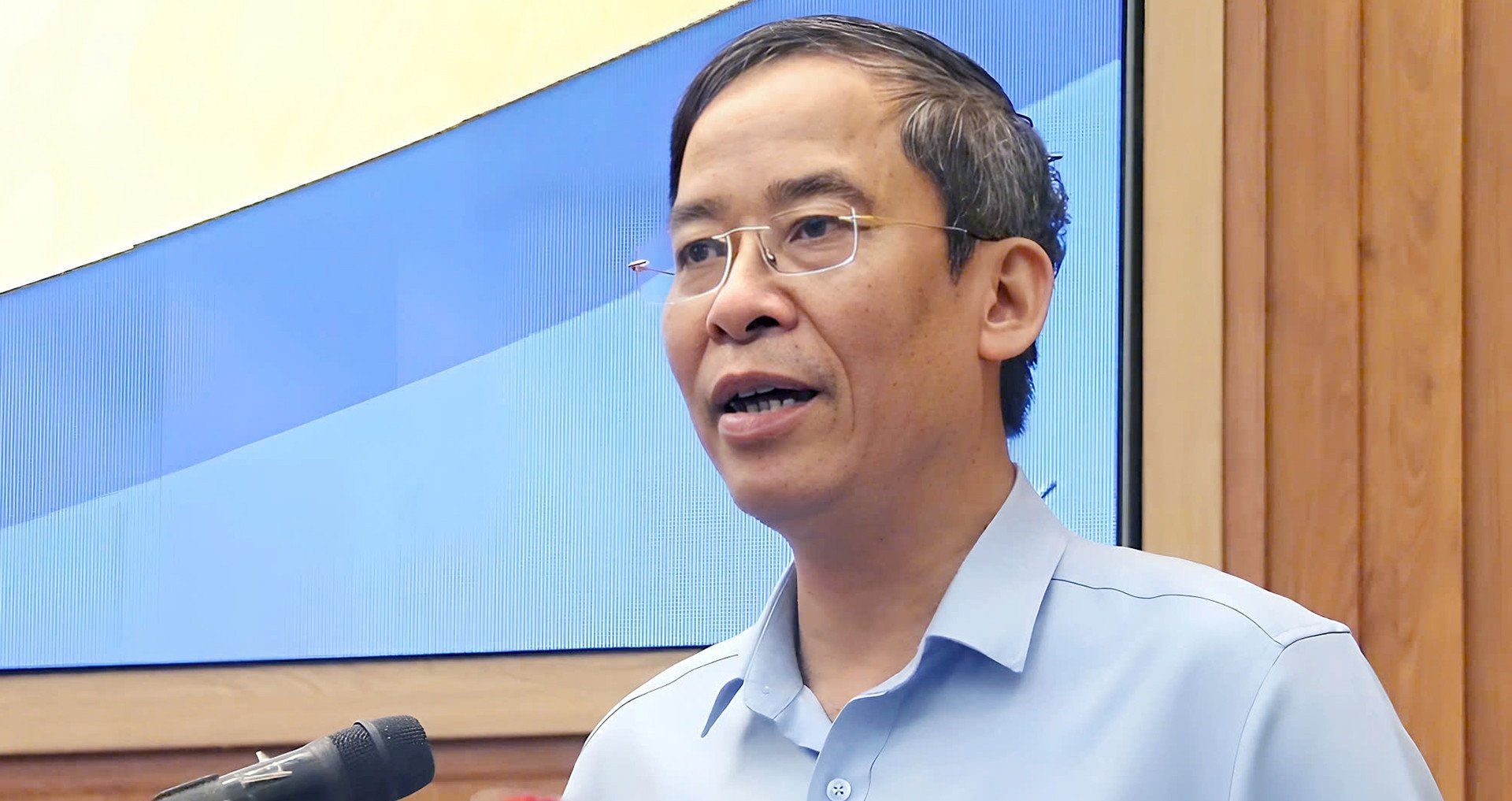






























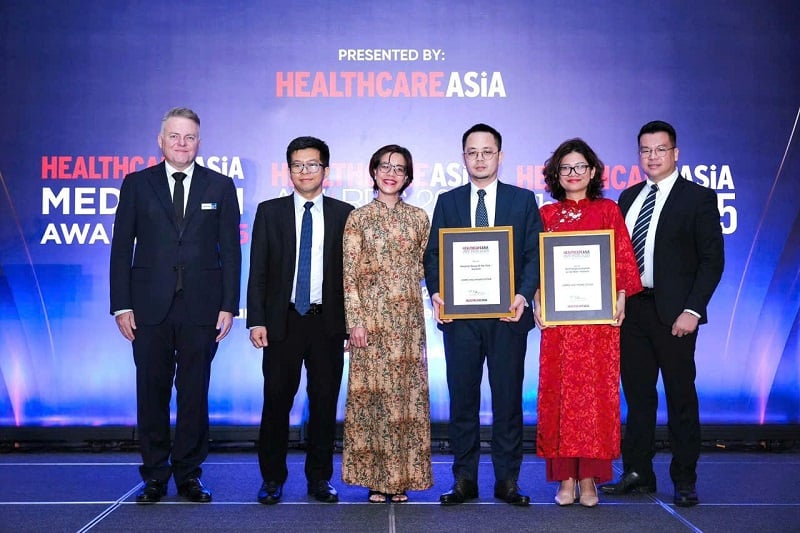

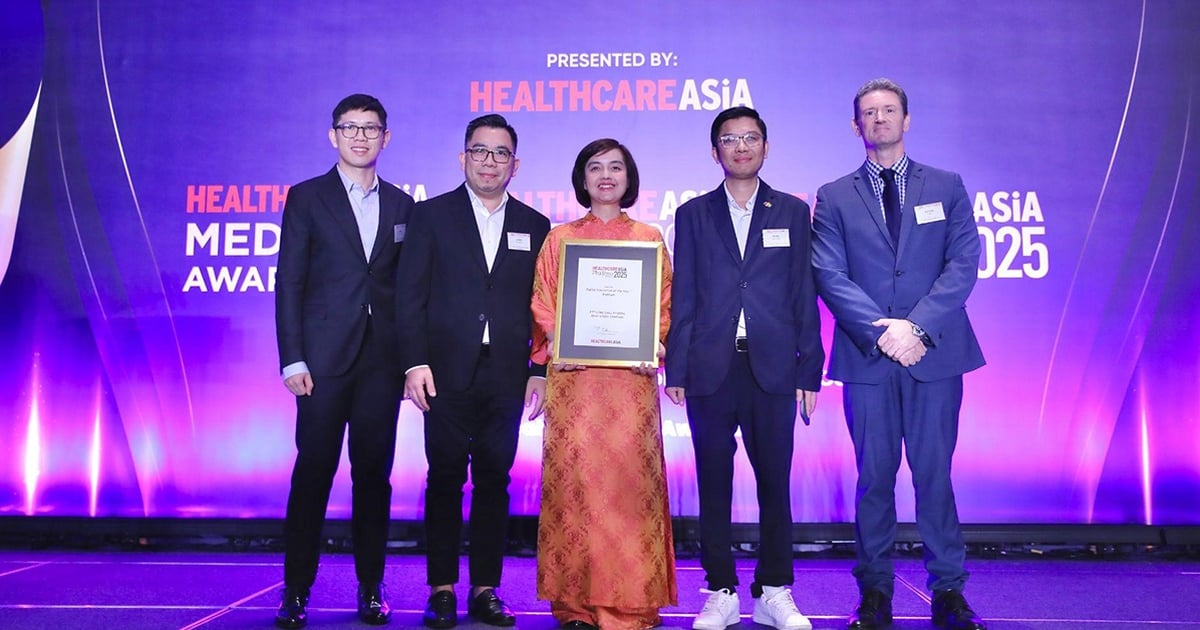





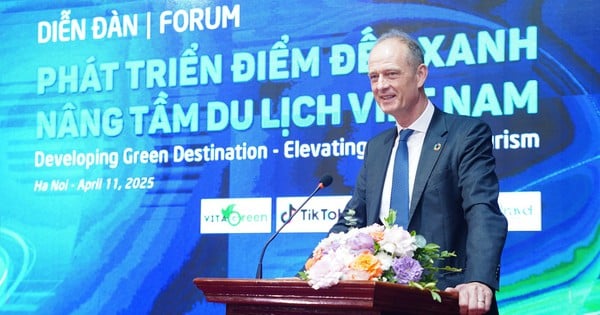
























Comment (0)